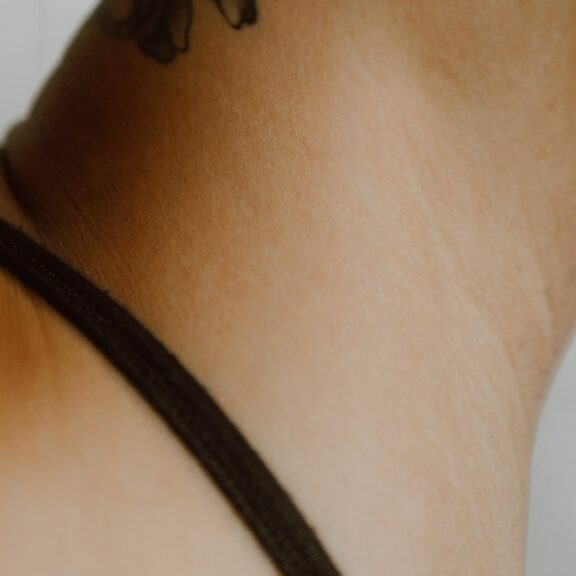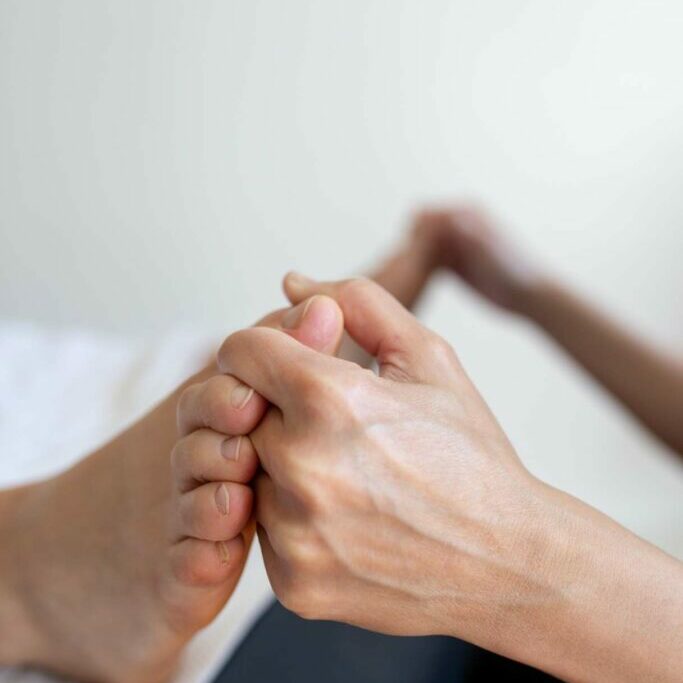Let’s debunk some of the most common myths about Reflexology. Being one of the most acknowledged therapies in the UK, chances are you have had reflexology once in your life. Reflexology is a recognised complementary therapy used especially in hospices, cancer care and antenatal units within the National Health Care System.
Reflexology is not a foot massage
The principle at the base of Reflexology is that there are reflex areas in the feet (and hands and face) that correspond to specific organs, glands and body parts. Stimulating these reflexes can help many health conditions in a natural way as long as the therapist is precise and he/she follows a treatment plan that makes sense from a physiological perspective. Reflexology should not be confused with massage because they are different in application, techniques, purpose and benefits.
Reflexology doesn’t originate from Traditional Chinese Medicine
Despite the common misconception that reflexology is part of Traditional Chinese Medicine, its origin is unknown. As Tony Porter explains in his blog post about his personal trip to China, working on the feet is bad in TCM and a foot massage would only be given in a “bath house” for a condition such as insomnia. Ancient tales, beliefs and illustrations of feet being treated are present in every culture, and according to Porter, they are “not to be confined to the mystical east, since this ancient therapeutic knowledge was evident in Europe”.
Reflexology is not only for relaxation
A Reflexology treatment does relieve stress and tension restoring vitality, and if we consider that over 75% of health problems can be linked to nervous stress and tension, this can only do good. Nonetheless, studies (mainly randomised controlled trials) show reflexology is effective for many other conditions such as high blood pressure and cardiovascular diseases, anxiety, constipation, COPD, fertility, menopause, period pain, labour and stress.




